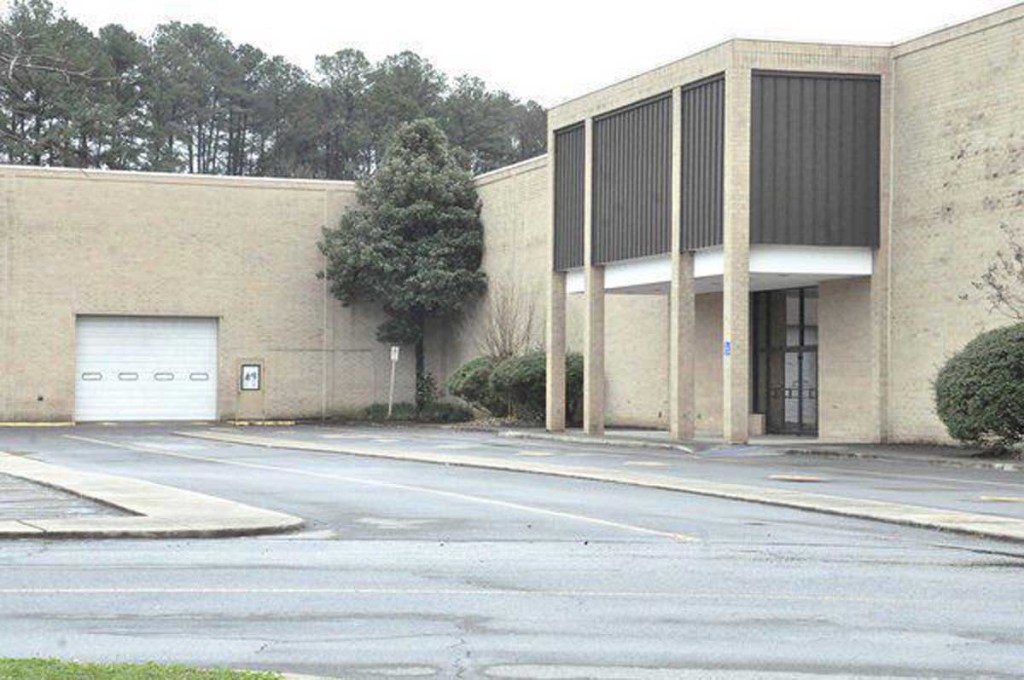North Georgia city OKs tax district deal for Walnut Square Mall
Published 12:49 pm Tuesday, March 20, 2018

- The wing of Walnut Square Mall that formerly held the Sears is slated for demolition under plans approved by the City Council Monday night as part of a tax allocation district agreement for the facility.
DALTON, Ga. — Dalton residents might one day be shopping at a smaller, more modern-looking Walnut Square Mall.
The City Council voted 4-0 Monday night to approve a tax allocation district (TAD) redevelopment agreement with the owners of the mall, Augusta-based Hull Property Group. Mayor Dennis Mock typically votes only in the event of a tie.
Plans submitted by Hull show the company plans to tear down more than half of the mall and refurbish what remains.
“We are going to be tearing down about 220,000 square feet,” said Hamp Manning, a project manager for Hull, by phone. “The current nature of the retail environment is defined by the abundance of retail space. Given that Walnut Square Mall suffers the vacant Sears and the vacant J.C. Penney, the existing configuration doesn’t lend itself to long-term sustainability, so our plan is to demolish that space, which will solve the vacancy issue and allow the property to be stabilized.”
Manning said the demolition should begin in early summer and the entire project should take about six months.
“We will do as much work as possible at night for minimal interruptions to mall operations,” he said.
The remaining part of the mall will get a new look.
“We will be doing new carpet, lighting and other work,” Manning said.
Hull, established in 1977, bought the mall a little over two years ago. It specializes in buying underperforming enclosed malls and shopping centers and revitalizing and developing those properties.
“We are really excited,” said council member Gary Crews. “They have had great success in other cities, and we are looking forward to seeing what they do here.”
The TAD was created two years ago by the City Council and includes the mall and the area around it on East Walnut Avenue near Airport Road. In effect, the tax revenues a local government collects inside a TAD are frozen at what the property was worth when it was created. That allows local governments to reach a deal with developers or property owners to dedicate any taxes collected as a result of an increase in the value of property within the TAD, called an increment, to reimburse them for the cost of the infrastructure, land, buildings, public artwork or other amenities the owner creates to revitalize their property.
The agreement the council approved Monday is for 20 years. Council member Denise Wood said it’s a big win for the city.
“You can’t miss what you don’t have,” Wood said, noting the city’s tax revenue from the property will remain the same and only any extra taxes generated by new development there will go to Hull.
Hull and the city have also signed agreements with the Dalton Board of Education and the Whitfield County Board of Commissioners so any new property tax revenue for the school system and the county will also go to Hull.
Dalton Finance Director Cindy Jackson said that other than the tax financing, the city government has no other financial obligation to the project.



